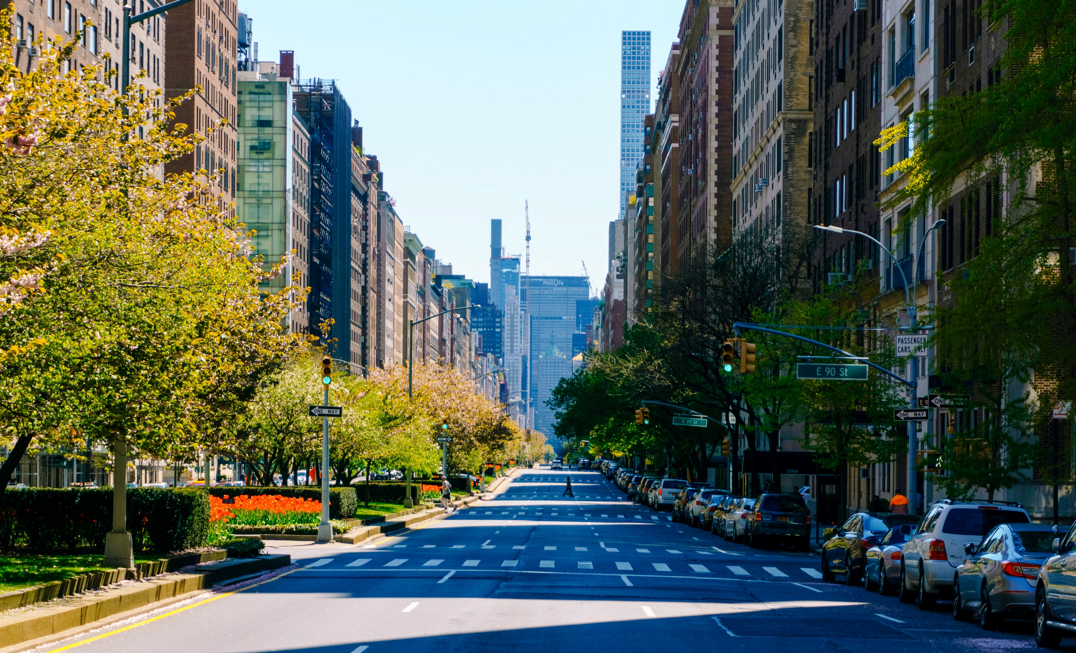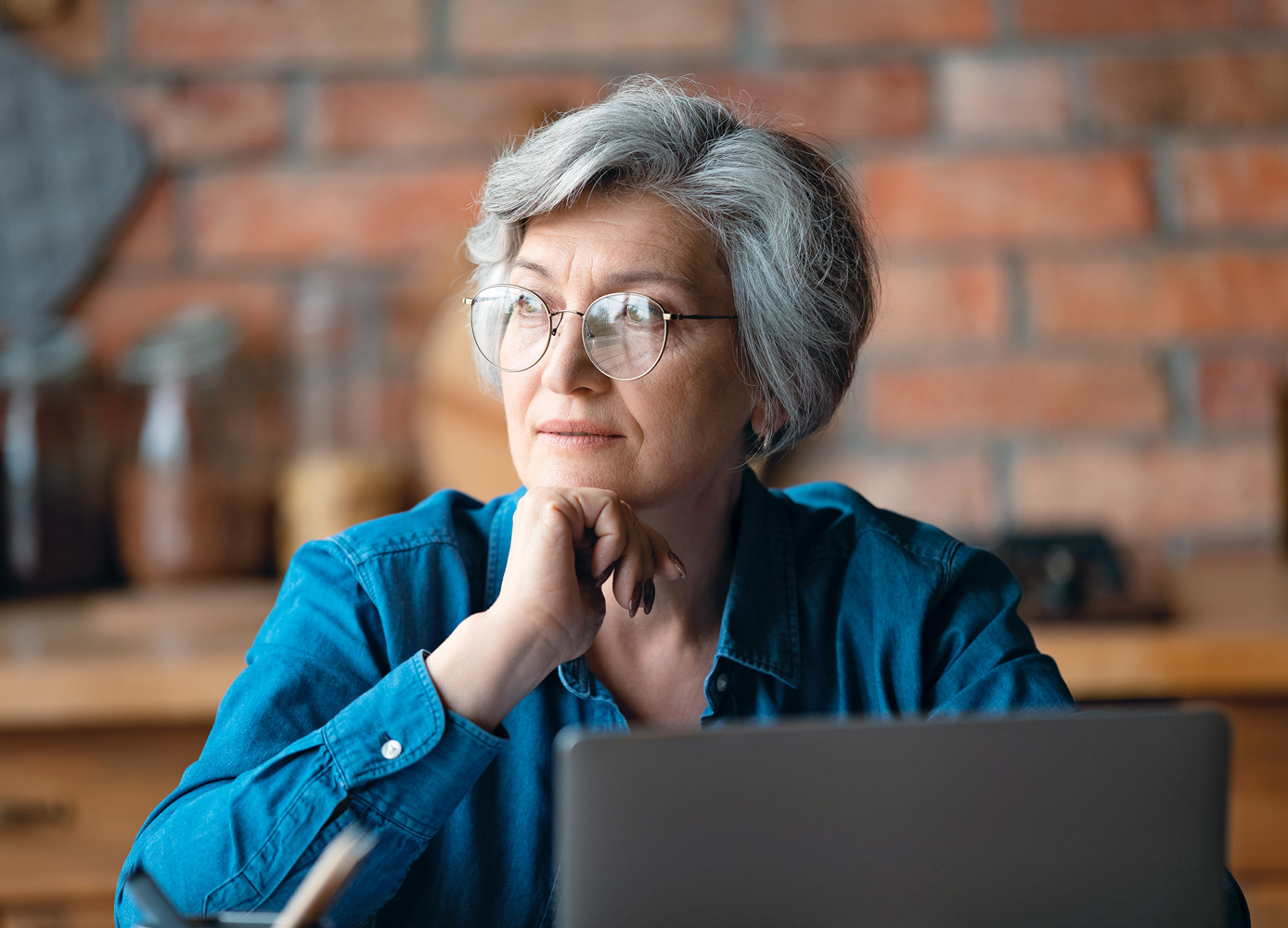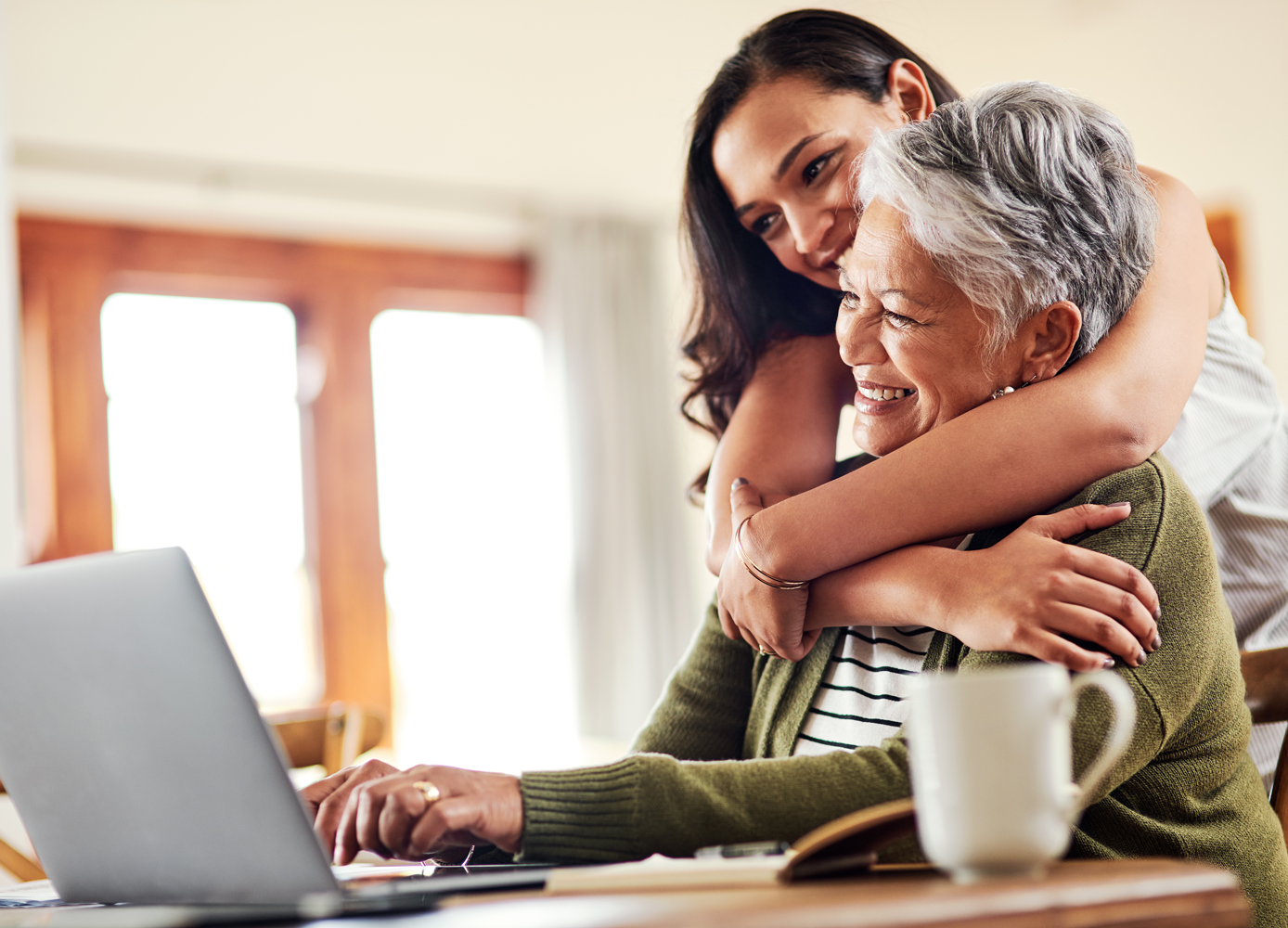The coronavirus pandemic raises a host of questions. We asked some of them to virologist and professor of biological sciences Benoît Barbeau of the Université du Québec à Montréal.
By Sandrine Champigny
Photo: iStock/Maksim Tkachenko.
Can I take a walk if I’m over 70 years old?
The recommendations of the provincial and federal governments are to minimize contact between individuals in order to slow the spread of the virus. Taking a walk is safe, but being close to other people should be avoided. Avoid walking in a group—go alone or as a couple.
I have no symptoms. Do I need to isolate myself?
Yes! Despite the fact that you are in good health, you could be in contact with a person carrying the virus and then be infected. All current data show that people aged 70 or older suffer more from the symptoms of this disease. The immune system of the elderly is much less efficient than that of the rest of the population and thus the virus is less well controlled, which causes more damage to the lungs and more severe complications.
What’s the difference between “quarantine,” “social distancing,” and “isolation”?
Isolation is used to separate and confine individuals who have or at least show signs of a disease. In quarantine, this isolation includes all people who do not have symptoms, but who have possibly been exposed to the virus. Social distancing refers to behaviour by which overly close contact is avoided between individuals who do not share the same domicile (with some exceptions). Currently, we are talking about a distance of one meter. Similarly, any group gathering is to be avoided.
Can my pet transmit the disease to me and vice versa?
So far, there seems to be no evidence to suggest that pets can be infected with this virus. The virus is mainly spread from human to human.
Can I invite my family home?
This isn’t recommended. Even if your family members have no symptoms, they may still be carrying the virus and infect you. We are talking about a period of five to seven days before a patient develops symptoms. Added to this is the fact that some infected people seem to develop very few symptoms.
My grandchildren do not have school and my children are in bad shape; can I look after them?
Once again, this is not recommended—for the same reasons as those mentioned above.
Are smokers more likely to be infected?
To my knowledge, only one study demonstrates a possible trend between the severity of symptoms and smoking, although this trend at this time has not been shown to be significant. More studies are needed, but given the impact that smoking has on the lungs, a smoker may be more susceptible to serious complications after infection with the virus.
Is it safe to have food delivered to my home?
Yes, it’s a very good idea to have food delivered from grocery stores. However, try to minimize the number of deliveries. Opt for less frequent orders with more items.
Can I be in contact with the delivery person?
Avoid contact as much as possible. Maintain a a distance. The delivery person will have been in contact with several people during the day.
My daughter has been in solitary confinement for several days and comes to visit me by car. Is it a risk to spend time with her?
Yes, if she is in solitary confinement because she was showing symptoms, you run a very high risk being in contact with your daughter. Unfortunately, such behaviour must be avoided at all costs. Opt for other modes of communication, such as Skype and FaceTime.
I’m not 70 years old, and I feel healthy. Is it possible for me to do my shopping in person?
You can, but be careful and avoid going to grocery stores too frequently. Also consider opting for home delivery. When at the grocery store, keep a distance between yourself and other customers and employees as much as possible, and wash your hands when you return.
I have a doctor’s appointment, do I cancel it?
I’d recommend that you discuss this with your doctor, who is in the best position to give you the best answer.
Can I continue to go see my massage therapist or osteopath?
I recommend that you postpone these appointments, unless they are deemed necessary.






